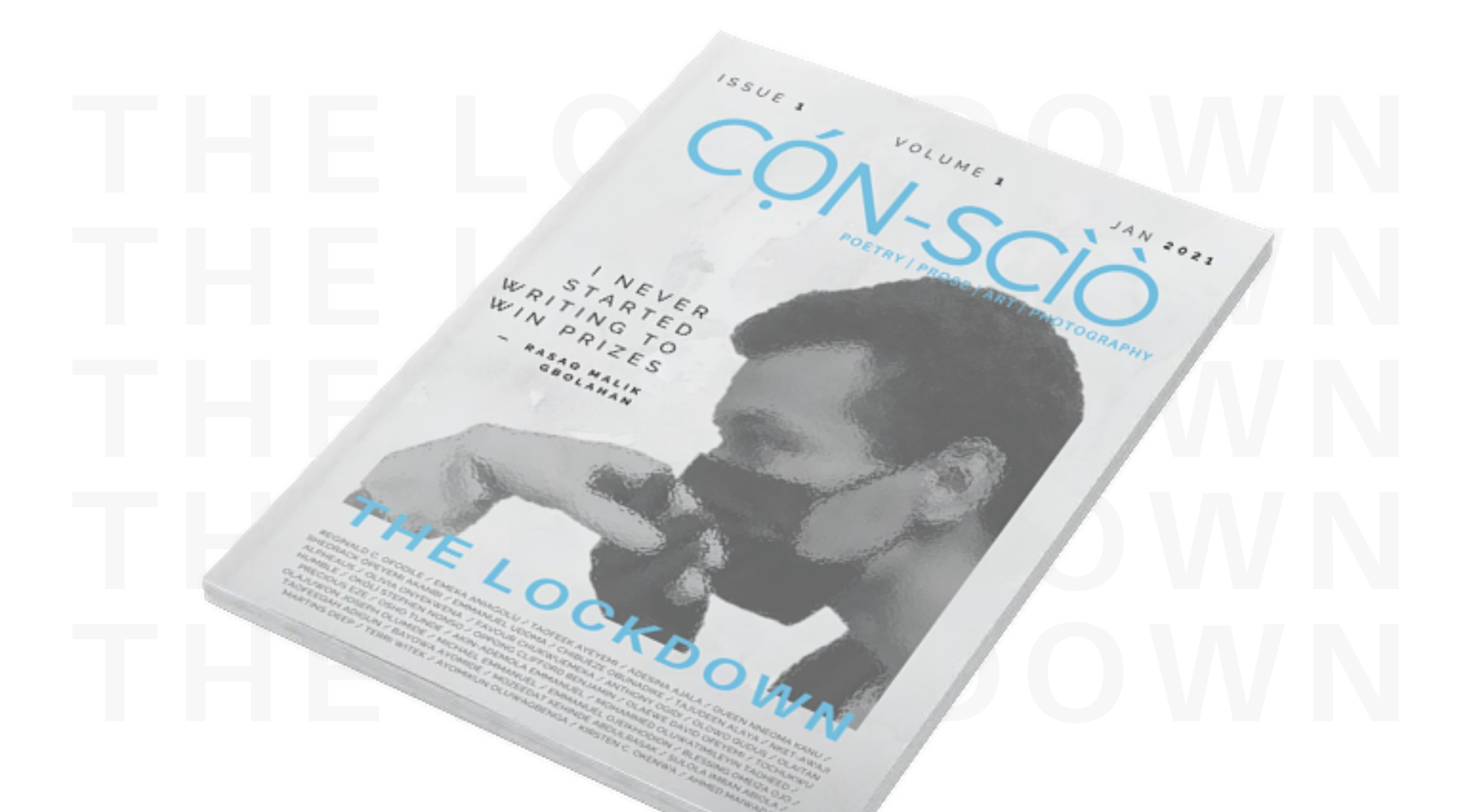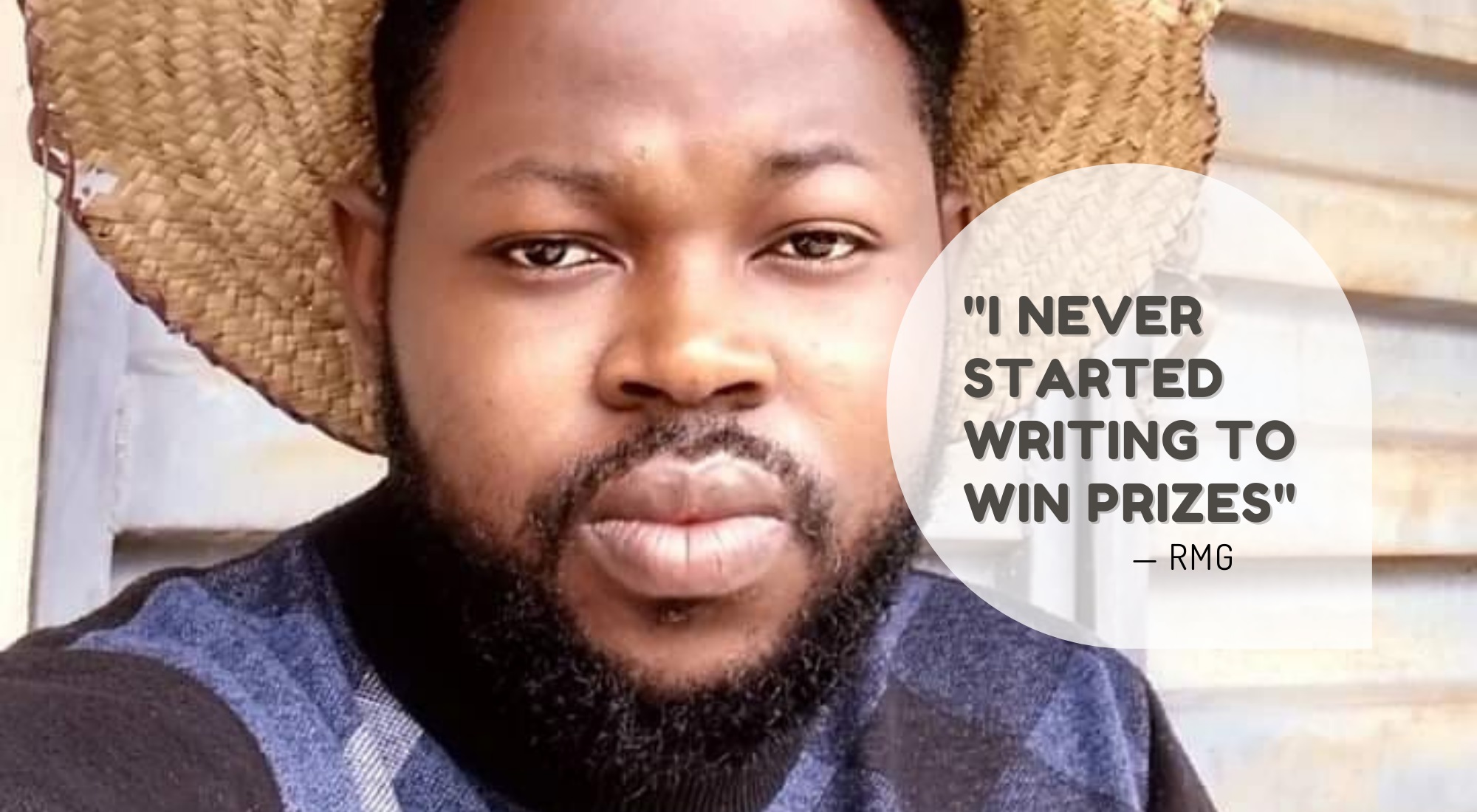Nigerian literature is not in the state that it ought to be, given the enormous Nigerian population; we need to do more. We need to develop a conscious policy towards enhancing the results achieved by our books out there in the market across the world.
HAIKU: AN INTRODUCTION by Taofeek Ayeyemi
Haiku originates from Japan and there, it is their oral form and usually in a sequence or linked verse form (called renga, renku or haikai no renga) up to 100 verses and more. The introductory verse to the sequence is the hokku which is now called haiku.
SIXTY-ONE (a short story by Queen Nneoma Kanu)
My bags are packed and ready to go. It has been eight months and I still live out of my suitcase. Today would have been sixty-one days from the day I started checking off the dead days. The days I dreamt of home, of warm embraces and bright faces. I practice my reaction for when I will see you again.
CORONA GIRL (a short story by Adesina Ajala)
He dashed into the street; it was empty and cold, just the streetlights beaming orange in the distance. He cocked his ear in many directions in the dark for a voice or a footstep, but all that returned to him was bland silence.
‘SUDDEN ENTRAPMENT’ (a short story by R. C. Ofodile)
Kene’s heart was thumping. After over an hour, they had not moved even a quarter of a mile. He prayed in desperation, ‘Lord, please don’t let me miss this flight. What will I do… Let the traffic move… Let the plane be delayed. Flights are delayed all the time, and sometimes, cancelled…’
SHOOTING PLAYS (a poem by Tochukwu Precious Eze)
they say some men, hearing the shooting
had stopped, went out to play
football, and bullets scored against their bodies
STAYING SAFE AS A LOVE LANGUAGE (a poem by Emmanuel Udoma)
No one would have conceived, handshakes and hugs could be death
SPECIAL PROVISIONS (a play by R.C Ofodile)
Money no dey for country now. People can’t even hustle to eat. How can they make new shirts and trousers? Even the city market is closed. I never see that kind thing before.
THE ESCAPE (a short story by Shedrack Opeyemi Akanbi)
Kunle lets the phone fall off his ear. He leaves his mother’s voice vibrating on the mattress. He goes to the fridge but he doesn’t take anything. He rests his head on it instead.
IN THE SPOTLIGHT: AN INTERVIEW WITH RASAQ MALIK GBOLAHAN
Nigerian literature is not in the state that it ought to be, given the enormous Nigerian population; we need to do more. We need to develop a conscious policy towards enhancing the results achieved by our books out there in the market across the world.



